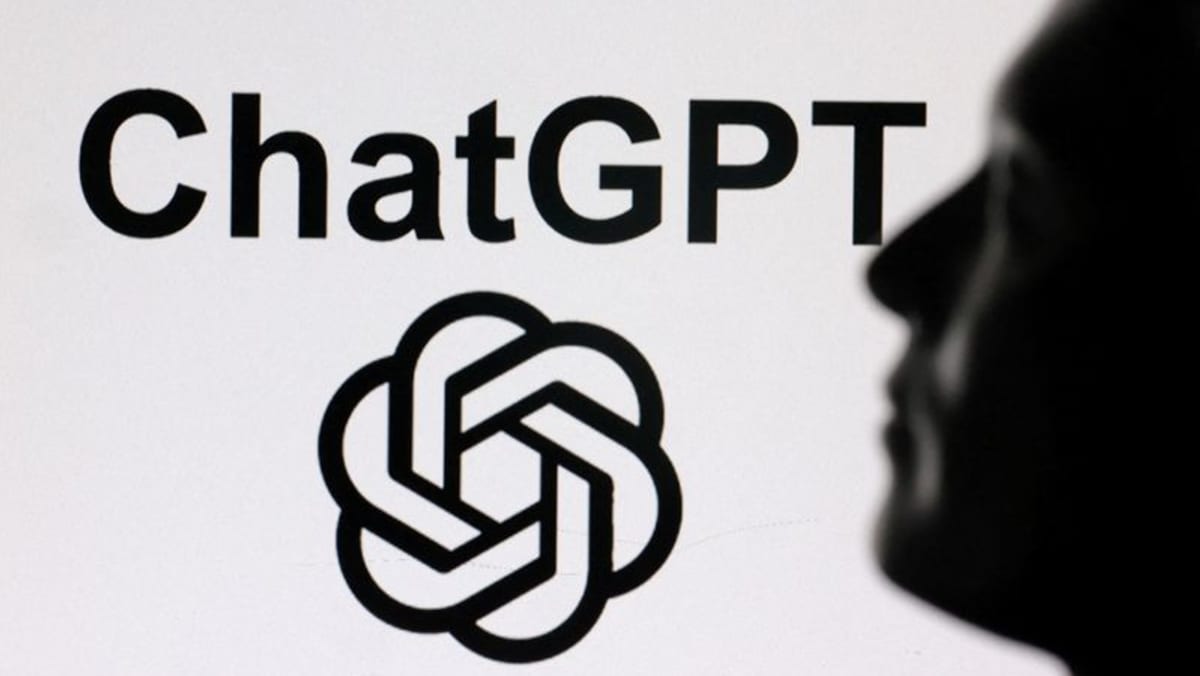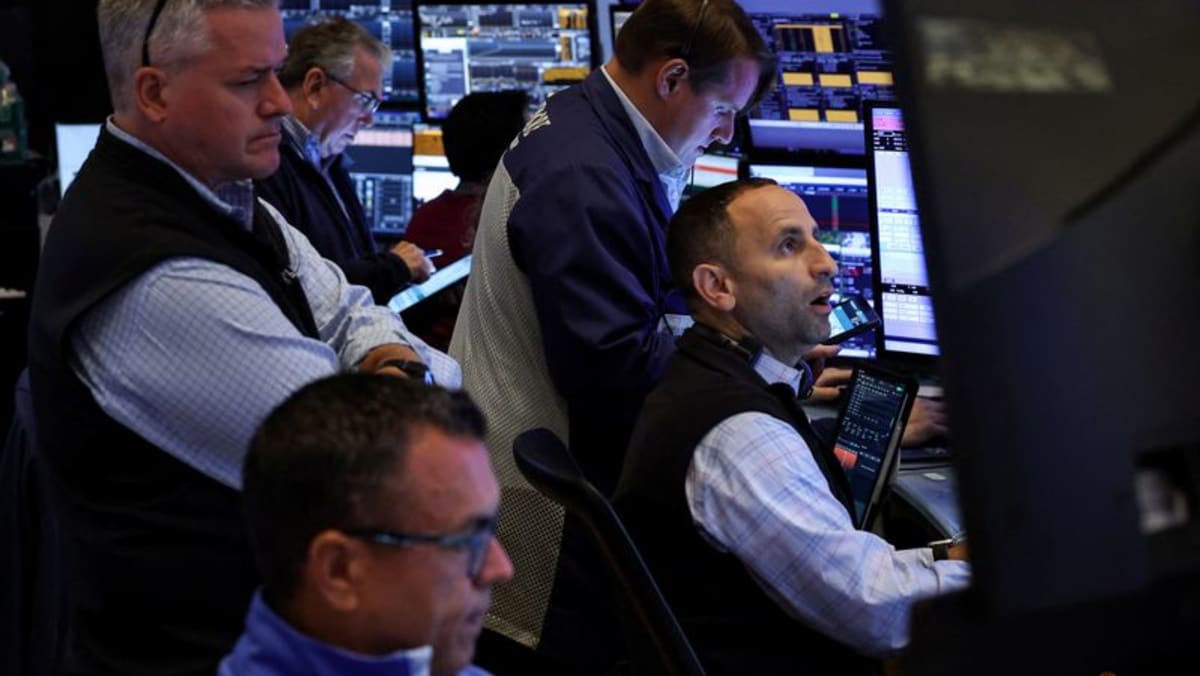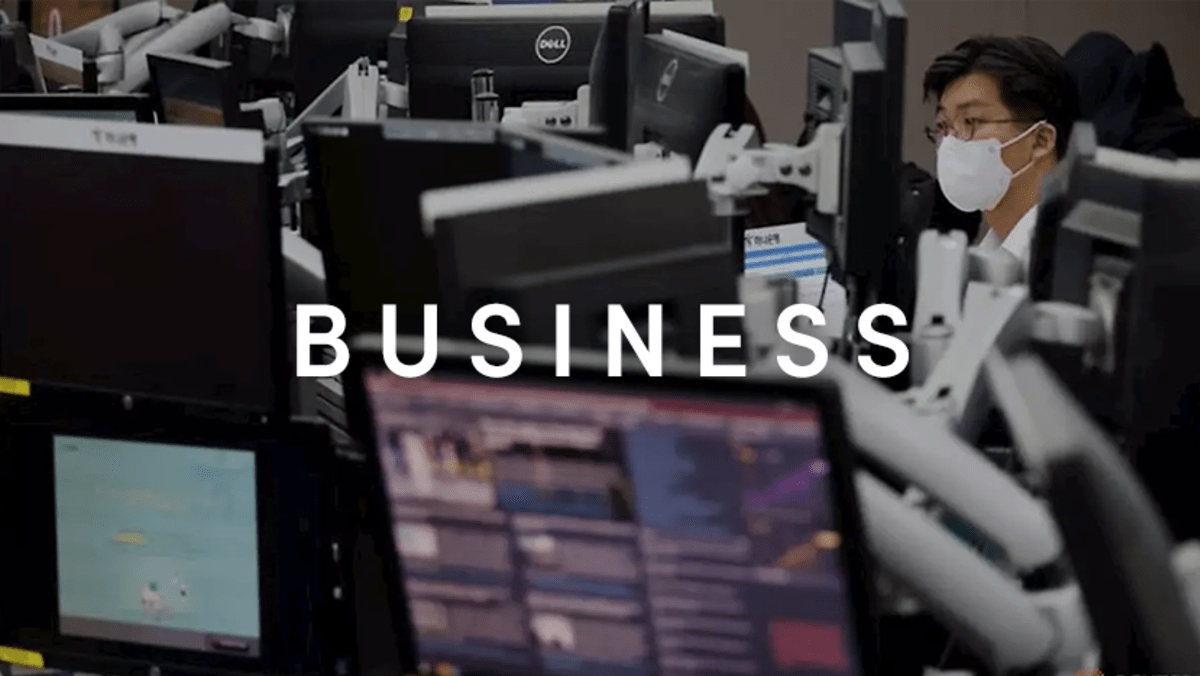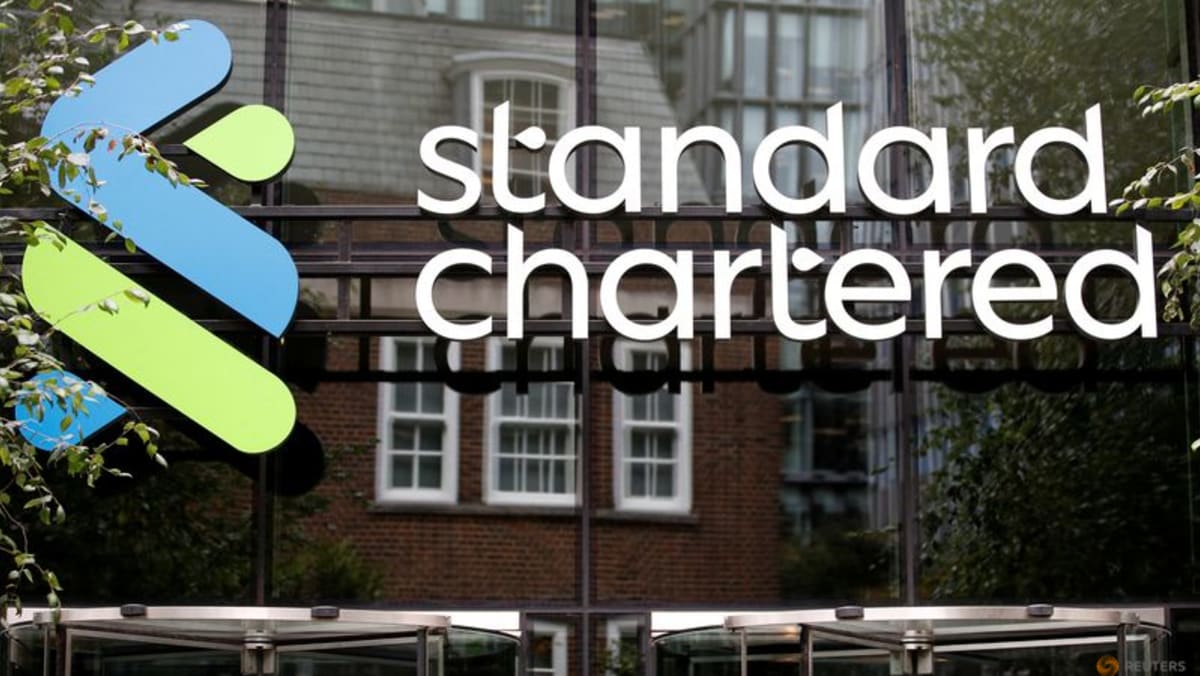NEW YORK :A wobble in U.S. technology shares has raised the stakes for Nvidia Corp’s quarterly results on Wednesday, with earnings from the semiconductor giant posing a crucial test for the scorching AI trade.
The heavyweight tech sector slumped 1.6 per cent on the week after a huge run for the group, dragging on key indexes. The sector’s weekly decline moderated on Friday as stocks broadly rallied after comments from Federal Reserve Chair Jerome Powell appeared to pave the way for imminent interest rate cuts.
Fueled by its dominant artificial intelligence (AI) products, Nvidia’s massive share price gains have buoyed both the tech sector and the overall market in recent years. Last month, Nvidia became the first company to top $4 trillion in market value.
Investors are now more “on edge” heading into Nvidia’s results, said Matthew Maley, chief market strategist at Miller Tabak.
“When the group goes down and the most important stock in the group reports earnings, that is going to have a bigger impact than usual,” Maley said.
Nvidia’s stock has climbed more than 30 per cent so far in 2025, pushing its gain to over 1,400 per cent since October 2022. The California-based company has epitomized the broader AI excitement that has driven up shares of a raft of tech companies and others involved in AI infrastructure such as power generation and cooling systems.
“Nvidia is almost looked at as a proxy to what is happening in artificial intelligence,” said Matt Orton, chief market strategist at Raymond James Investment Management. “There’s definitely a read-through that happens to the broader AI trade, which has really been the main driver of the S&P 500’s return this year.”
Analysts said possible reasons for recent tech stock weakness include cautionary AI industry developments, including comments from OpenAI CEO Sam Altman that investors may be getting overexcited about AI. Also, a study from researchers at the Massachusetts Institute of Technology cast doubt on returns from AI investments.
Nvidia’s results will close out a second-quarter U.S. corporate earnings season that has largely surpassed expectations and helped support equities. S&P 500 company earnings are on track to have climbed 12.9 per cent from the year-earlier period, up from an expected 5.8 per cent rise on July 1, according to LSEG IBES.
Goldman Sachs strategists pointed to particular earnings strength so far for the “Magnificent Seven” – the group of megacap companies that includes Nvidia as well as Apple and Microsoft. Including estimates for Nvidia, the Magnificent 7 are on track to have increased earnings by 26 per cent compared with 7 per cent for the remaining 493 stocks in the index, the Goldman strategists said in a note.
Nvidia is expected to post a 48 per cent rise in earnings per share on revenue of $45.9 billion for its second fiscal quarter, according to LSEG data.
Megacap tech companies focusing on AI have recently increased their estimates for capital spending, which should be favorable for Nvidia, said Paul Roach, portfolio manager at Allspring Global Investments.
Nvidia’s “commentary on the demand side… should be more bullish just because their largest customers have all kind of upped their capex guidance over the last few quarters,” Roach said, adding that demand for Nvidia’s products is also broadening beyond the largest tech companies
ECONOMIC DATA
Investors will also focus on U.S. economic data in the coming week, including on consumer sentiment and inflation.
Despite the latest tech declines, the S&P 500 eked out a gain on the week and is up about 10 per cent this year, around record-high levels. The Dow Jones Industrial Average notched a record high close on Friday.
As tech shares fell this week, some investors rotated into other areas of the market that have not been as strong in recent weeks, such as healthcare and consumer staples.
But major equity indexes will be hard-pressed to keep moving higher if tech falters, given its heavy presence in those indexes, Maley said. Tech is by far the largest of the S&P 500’s 11 sectors, with a 33 per cent weight. Nvidia alone has a nearly 8 per cent weight in the index.
“If these tech stocks continue to fall, that means the indexes will continue to fall,” Maley said. “No way around it.”












